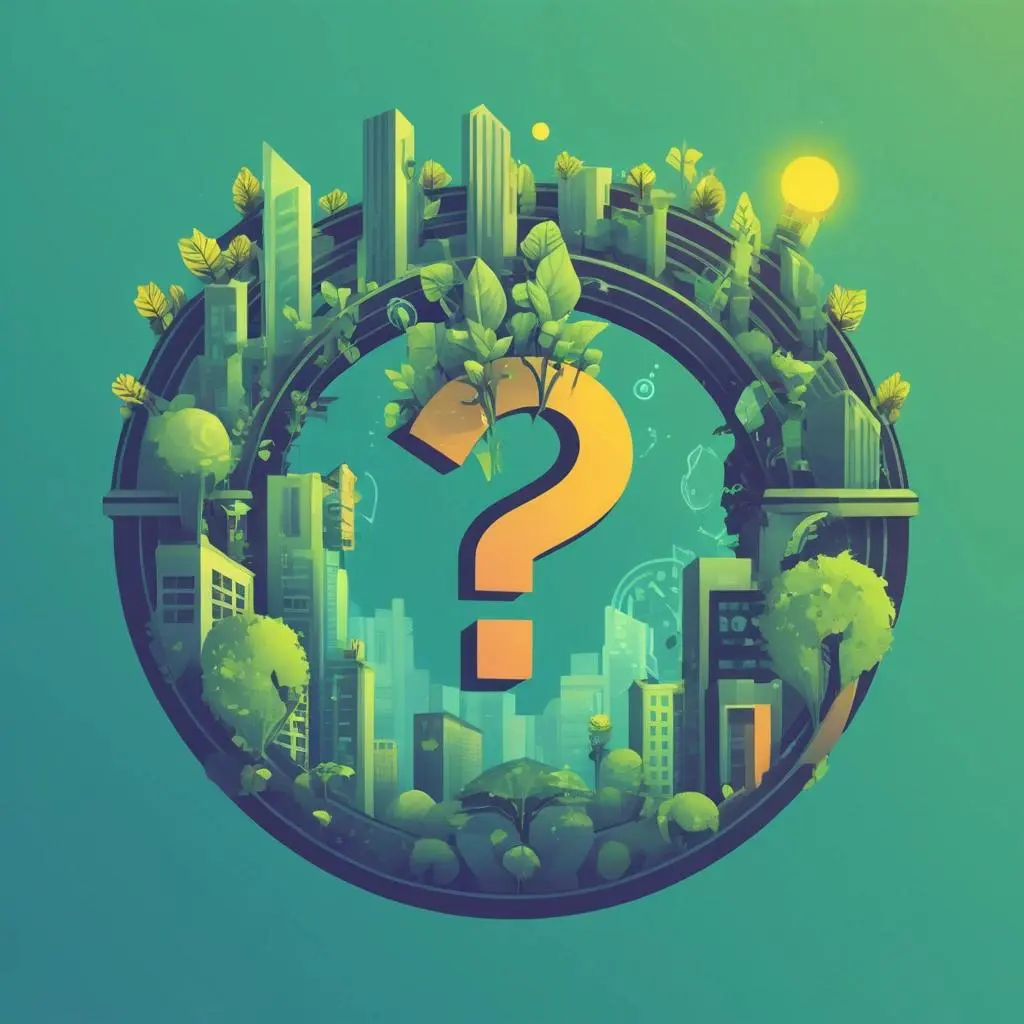We need altcoins as long as we interact economically over the net, with people we do not know (or simply with people outside our local communities). If we try to imagine what qualities a “solarpunk coin” should have, what are your thoughts? Do we know any existing coin, checking all boxes? This question is more about political economy of Solarpunk, then its technology.


Customer deposits are afaik partially excluded from newer reserve requirements as a result of the 2008 banking crisis. At least my coop bank had to try really hard to convert customer deposits into what are nominally member shares to fulfill these new reserve requirements. And yes, the loan risk is the primary concern, but banks very commonly leverage to the maximum they are allowed.
As for “private” banks… that is a not very precise term and includes coop and farmers’ banks for example, which offer a valuable service to their members. I agree though that many commercial banks are a net negative to society.
The more common way how public works are funded is by the government taking a loan from the central bank, which is essentially printing new money. Taxes play a role in funding ongoing services like payment of state employees and social security, but that highly depends of the specific country. In general taxes are mostly collected to enforce participation in the official governmemt issued fiat currency economy (what is measured in GDP) and are not that relevant to the function of the state itself. Many governments in 3rd world countries hardly collect any taxes from regular citizes at all.
If governments were not taxing people, people would not use the currency. So the government owned central bank can print as much money as it wants, it is not going to fund public services. Which shows fairly well when you compare tax revenue with government spending. Countries usually run a deficit of 2-5%points, but it is pretty close.
However you suggest to not have a central bank at all and you are also against taxes and any other form of coersion to fund public services. So I have to ask: How? There are some charities doing good work, but in terms of money it comes not even close to what is needed to fund infrastructure, schools, public welfare and so forth. The only thing able to do it, is to have large parts of the countries economy be state controlled and the profits from that are used to fund the government. If anything that is even worse, then having just taxes.
As for 3rd world countries, they have low taxes, but they also have low government spending. Also they are 3rd world countries, which ususally refers to countries, which are not doing too well.
Yes, that is more or less how the current system works, although there are structural incentives to hide government loans in various constructs and thus the 2-5% figure is understating the real extend. But even so, government debt at 100%+ of GDP tells a story about how taxes are not very vital for funding government actions.
I think there needs to be a bank that issues a debt voucher (more or less what money is) for a specific purpose, but that doesn’t have to be a monopolistic and state violence enforced single currency.
The 3rd world country example was just to point out that models of government exist that mostly source their income from resource extraction and other means that do not involve taxation.